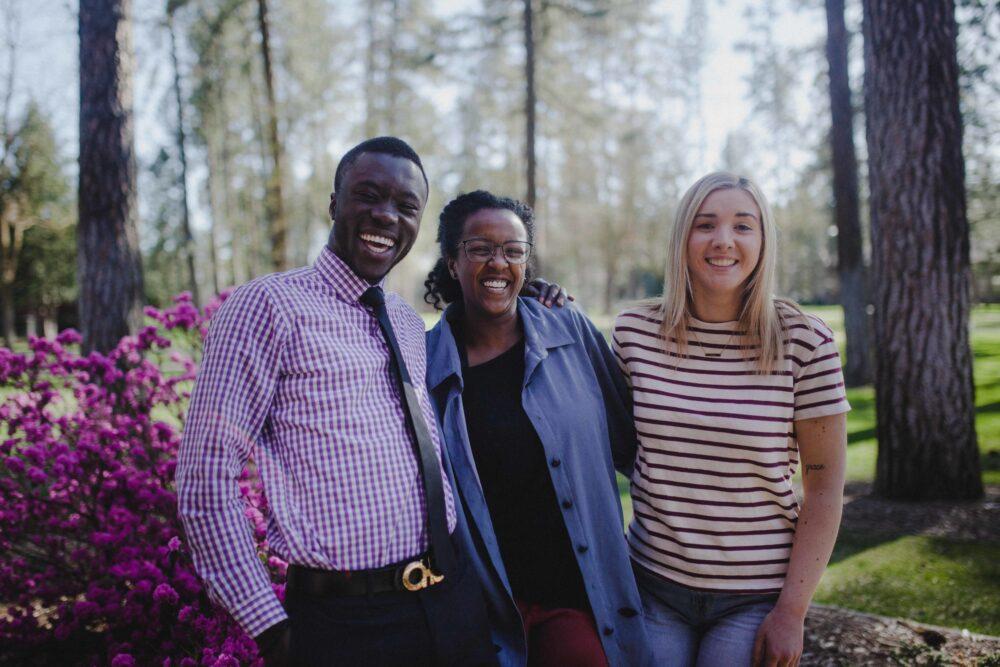Gregg Brekke, Assistant Professor
World Languages and Cultures
The Whitworth article “Age language barrier” makes the false claim that it is “likely ineffective” for adults to learn a second language.
There are many researched reasons why the writer’s conclusion is false, and why learning a second language as an adult is attainable. Here are just three (of many) reasons:
First, the writer of the article misuses Dr. Stephen Krashen’s research. Krashen actually argues that adults learn language in almost the same way as children, and given the right amount of comprehensible language input, an adult can reach fluency in a natural way. Older people effectively learn additional languages every day, around the world.
Second, comparing the first year of language learning, university-level second language learners will acquire the language quicker than children. This is because teens and adults can apply abstract principles to languages. So initially, learning a second language in university is more effective than learning it as a child!
Third, while children do learn vocabulary quicker, teens and adults can learn abstract vocabulary that children don’t master until 10-13 years of age. Children learn a much more simplified vocabulary and interact with peers who do not use the language in complex social circumstances requiring deep cultural knowledge. They “grow into” the language and culture at the same time, over many years, but older learners can master culture more quickly. Classes at Whitworth teach “grown-up” language, appropriate for adult settings, making the language and cultural learning richer and more developed. You even have the opportunity to travel and use your new language to make friendships and socialize.
So take heart! You can learn a second language as an adult, and our Whitworth professors are specially trained to help you do that as effectively as possible!






